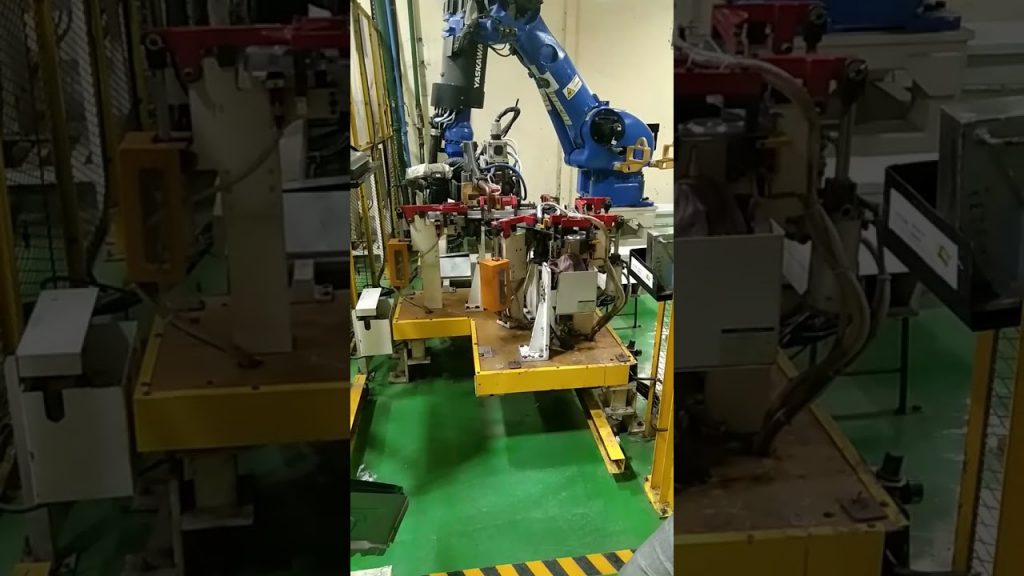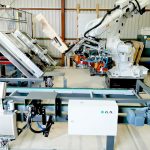Check out our website for the best industrial robot for sale and learn how these robots revolutionize the manufacturing industry. In this article, we will provide an in-depth analysis of industrial robots, how they work, and their benefits in various industries.
Industrial robots are advanced machines that are designed to automate repetitive tasks in industries such as automotive, electronics, and food processing. These robots are equipped with various sensors, cameras, and programming capabilities that enable them to perform complex tasks with precision and efficiency.
One of the key features of industrial robots is their versatility. These robots can be programmed to perform a wide range of tasks, including welding, painting, assembly, and packaging. They can handle heavy loads, work in hazardous environments, and operate with high speed and accuracy.
The working principle of industrial robots involves a combination of hardware and software components. The hardware components include robotic arms, grippers, and sensors, while the software components consist of programming languages and algorithms.
Industrial robots typically use a combination of sensors and cameras to perceive their surroundings and make decisions based on the data collected. For example, a robot performing welding tasks may use sensors to detect the position and orientation of the workpiece, while a robot performing pick and place tasks may use cameras to identify objects and determine their location.
The programming of industrial robots can be done through various methods, including teaching the robot manually, using offline programming software, or using artificial intelligence and machine learning algorithms. The programming determines the specific tasks that the robot will perform, as well as the sequence of actions and movements required.
The benefits of using industrial robots are numerous. Firstly, these robots can significantly increase productivity and efficiency in manufacturing processes. They can work continuously without breaks, reducing the need for human intervention and minimizing the risk of errors and accidents.
Secondly, industrial robots can improve product quality by ensuring consistent and precise manufacturing processes. They can repeat the same task with high accuracy, resulting in uniform products that meet the required standards.
Furthermore, industrial robots can enhance worker safety by taking over hazardous tasks that may expose humans to risks such as extreme temperatures, toxic substances, or heavy lifting. This not only protects workers’ health but also reduces the number of workplace accidents.
Additionally, industrial robots can contribute to cost savings in the long run. Although the initial investment in purchasing and setting up an industrial robot may be high, the operational costs are typically lower compared to human labor. Robots do not require wages, benefits, or breaks, and they can work 24/7 without additional costs.
In conclusion, industrial robots are a game-changer in the manufacturing industry. Their advanced capabilities and versatility make them invaluable tools for automating repetitive tasks and improving productivity, efficiency, and product quality. Investing in an industrial robot for sale can provide businesses with a competitive edge and open up new possibilities for growth and innovation.
Check out our website for the best industrial robot for sale and explore the wide range of applications and benefits that these robots offer. Don’t miss the opportunity to revolutionize your manufacturing processes with cutting-edge technology. Industrial Robot
“Efficiently Operating Industrial Robots: A Step-by-Step Guide”
or
“Mastering the Functionality of Industrial Robots: Expert Tips and Techniques”
“For Sale: High-Quality Industrial Robot – Unbeatable Price!”
or
“Get Your Hands on a Top-Notch Industrial Robot – Limited Time Offer!”










